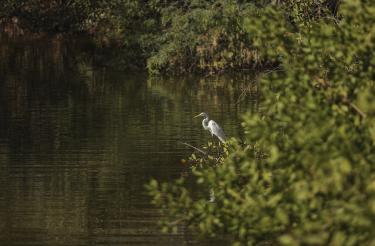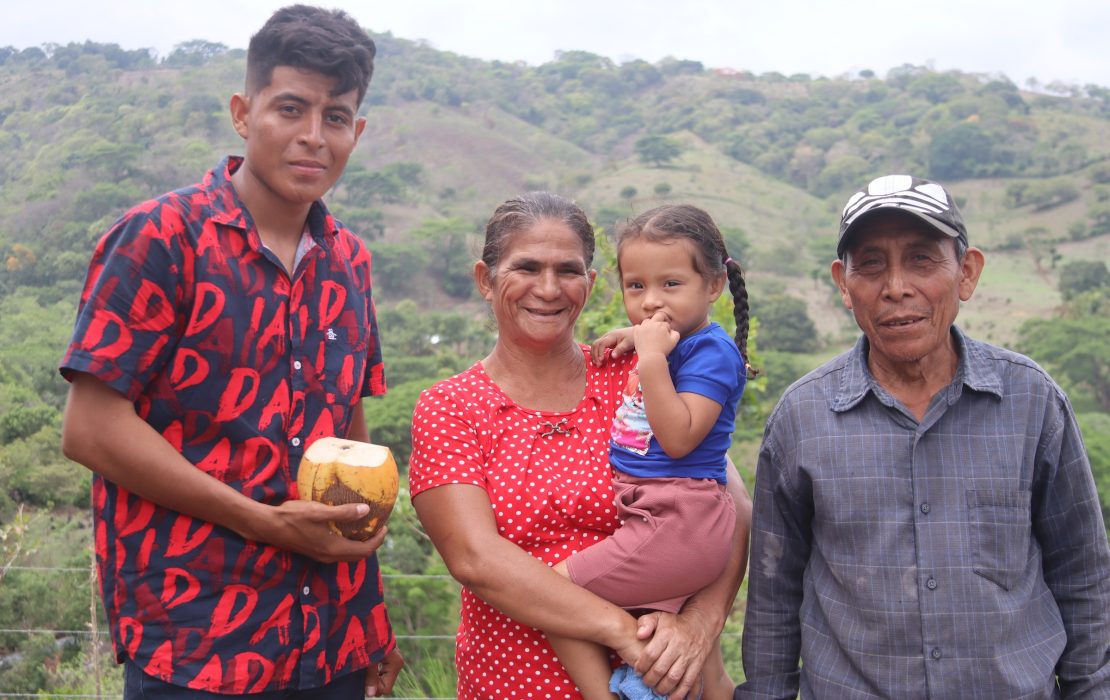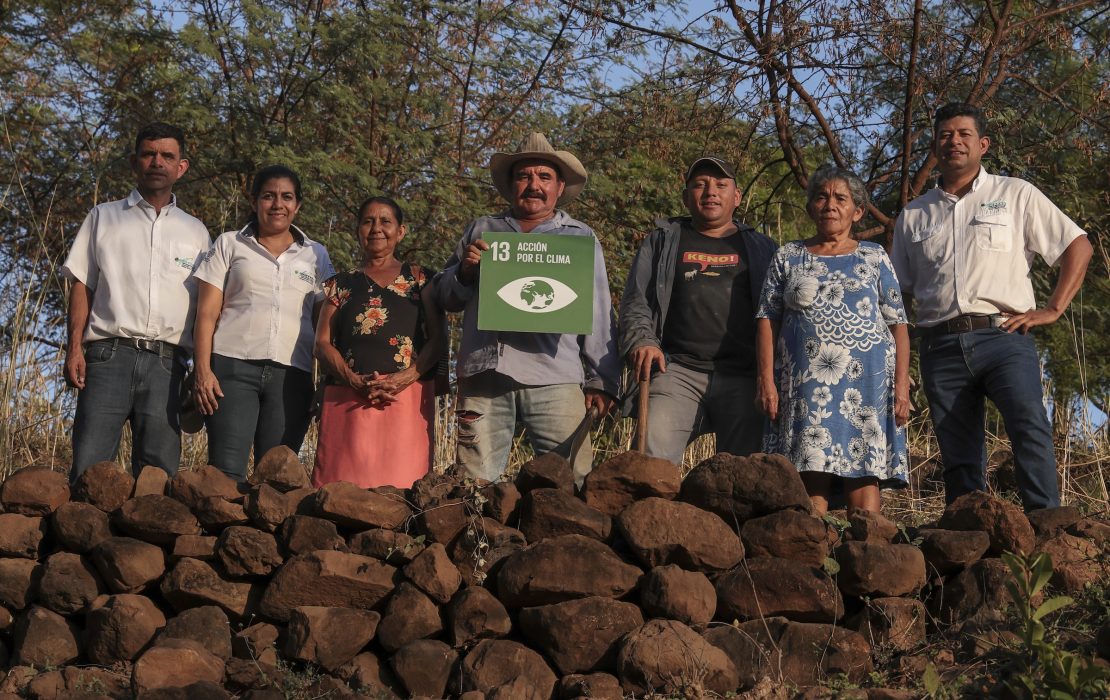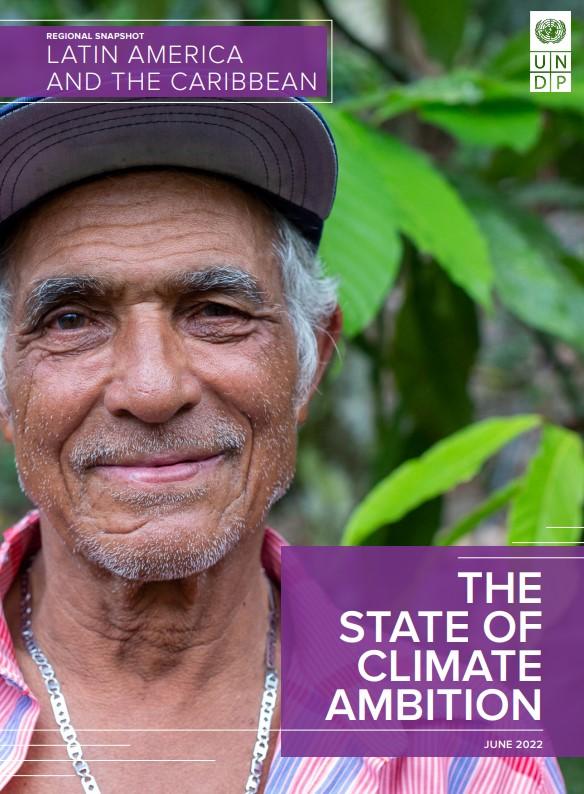0.03%
Share of global GHG emissions
Extracted from the CAIT Climate Data Explorer (2020), developed and maintained by the World Resources Institute. #94
Climate Vulnerability Index ranking
A higher number means a higher vulnerability to climate change. Based on the ND-GAIN Index (2021), developed by the University of Notre Dame. #125
Human Development Index ranking
A lower number means a better human development score. Based on the Human Development Index (2021), developed by UNDP. NDC Status
El Salvador submitted its updated NDC in January 2022.
Key highlights from the NDC
- El Salvador commits to reducing its greenhouse gas (GHG) emissions in the energy and the agriculture, forestry, and other land use (AFOLU) sectors.
- For the energy sector, it has set a target of 640 Kt CO2eq annual emissions reduction from fossil fuel burning activities by 2030, compared to the business-as-usual scenario from 2019.
- For the AFOLU sector, the established target is a cumulative reduction of emissions of 50,857.5 Kt CO2eq, for the period between 2035 and 2040, compared to 2015. The updated NDC also details activities to increase carbon sinks and reservoirs in the agricultural landscape, provided that large-scale financing is obtained from international and national sources with the participation of the private sector.
- El Salvador points to reforming institutional regulations to improve the capacity to face climate change and its negative effects. In addition, it aims at establishing the required means of implementation for climate action in terms of financing, technology development and transfer, and training and capacity building at the individual and institutional level.
Adaptation and resilience areas in the NDC
- Agriculture
- Biodiversity and ecosystems
- Cities
- Health
- Hydroelectric generation
- Infrastructure
- Sanitation waste
- Transport
- Water resources
Latest Publications
See allThe Latin America and the Caribbean (LAC) region is considered a “biodiversity superpower,” with one of the greatest endowments of natural capital in…




